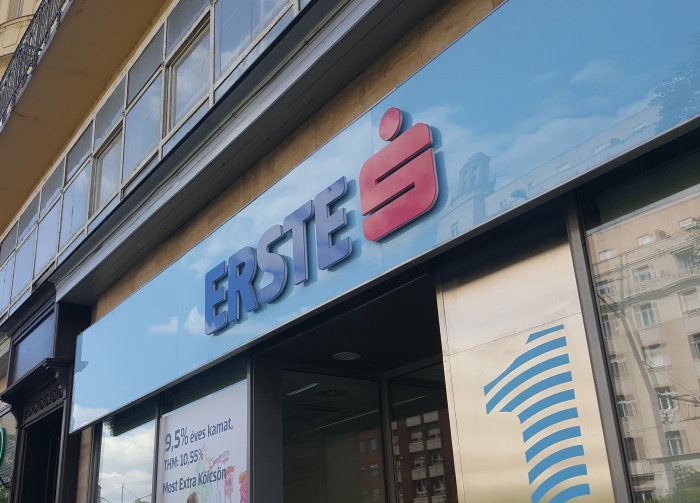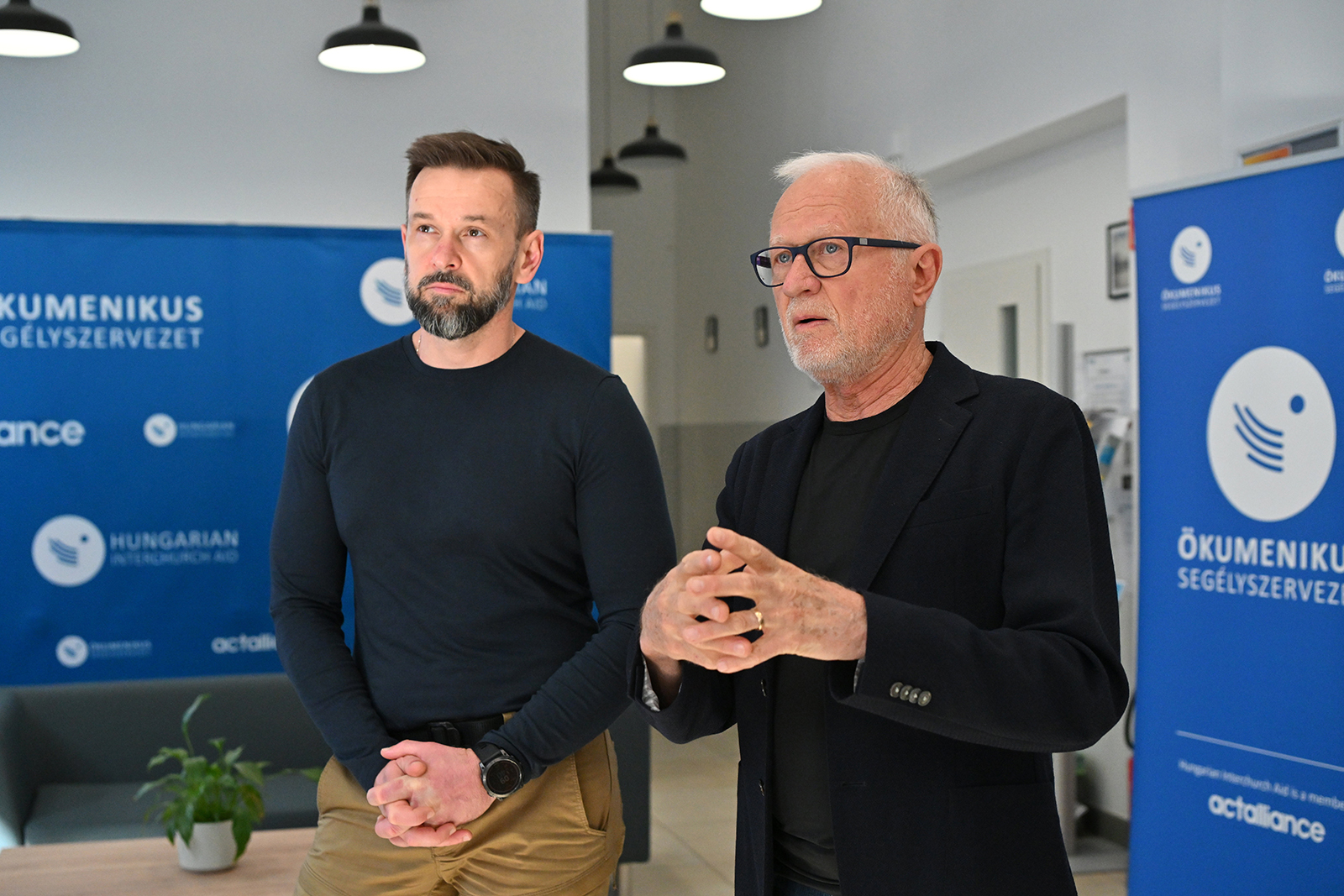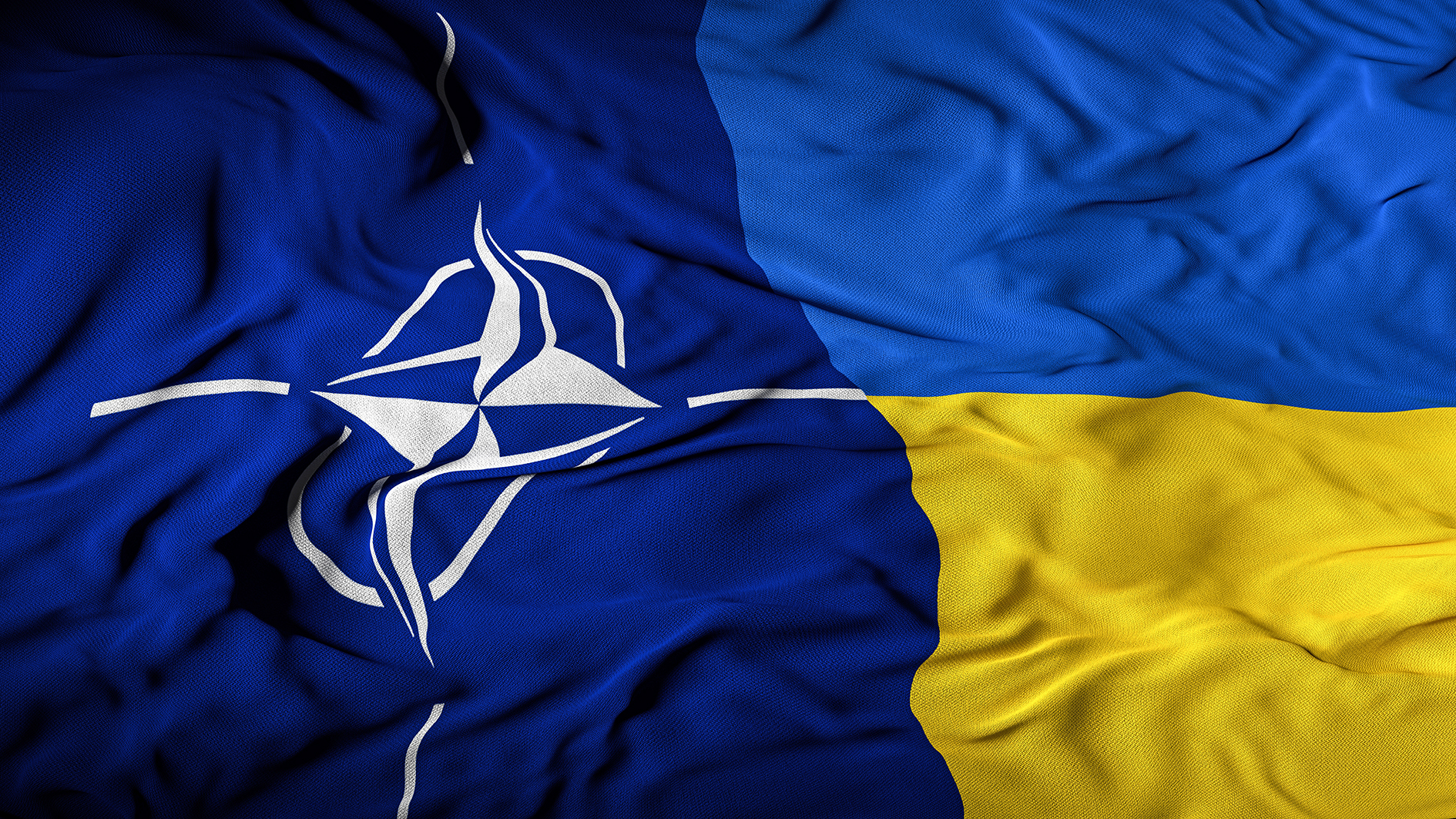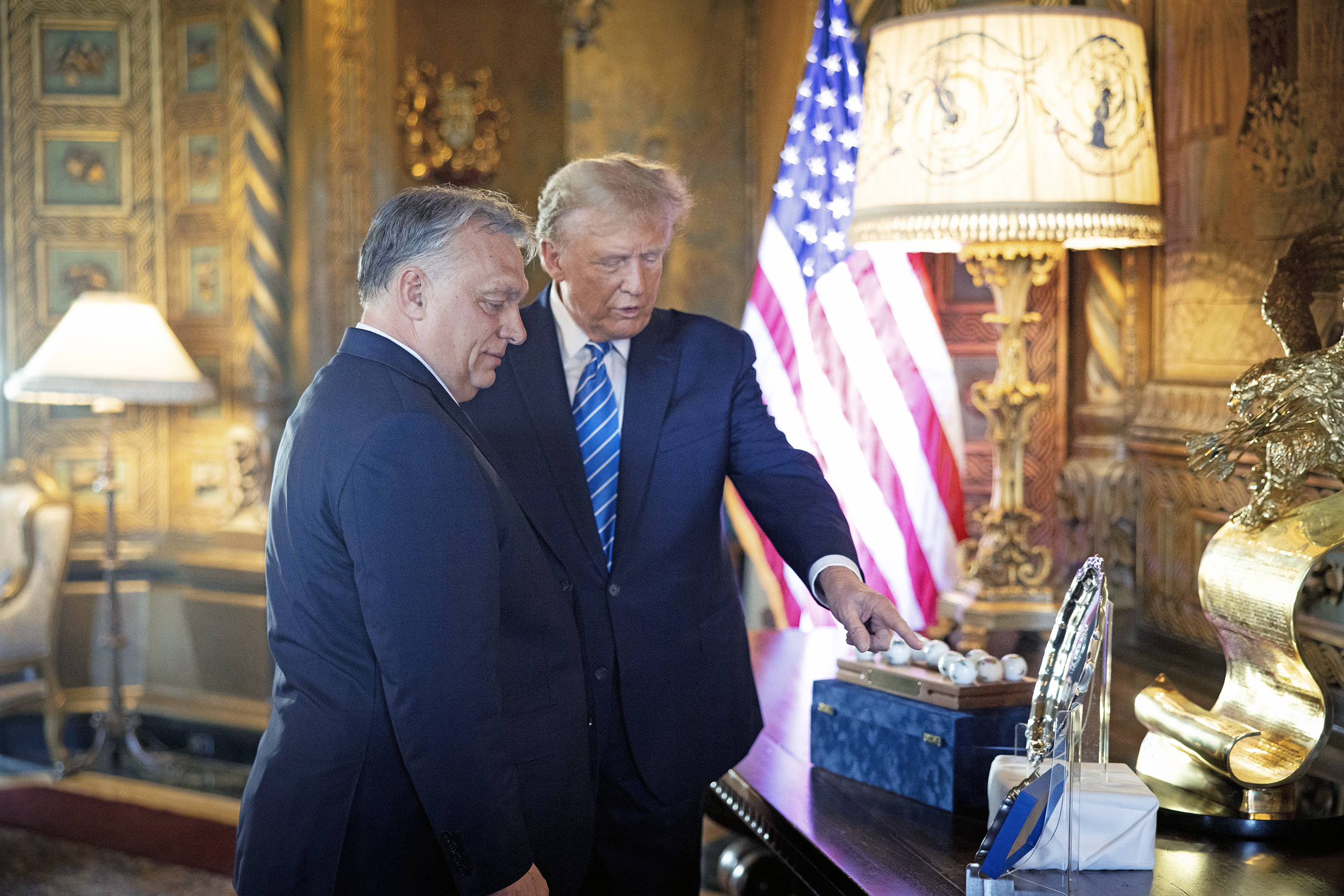Orbán says Putin Remains ‘Strong’
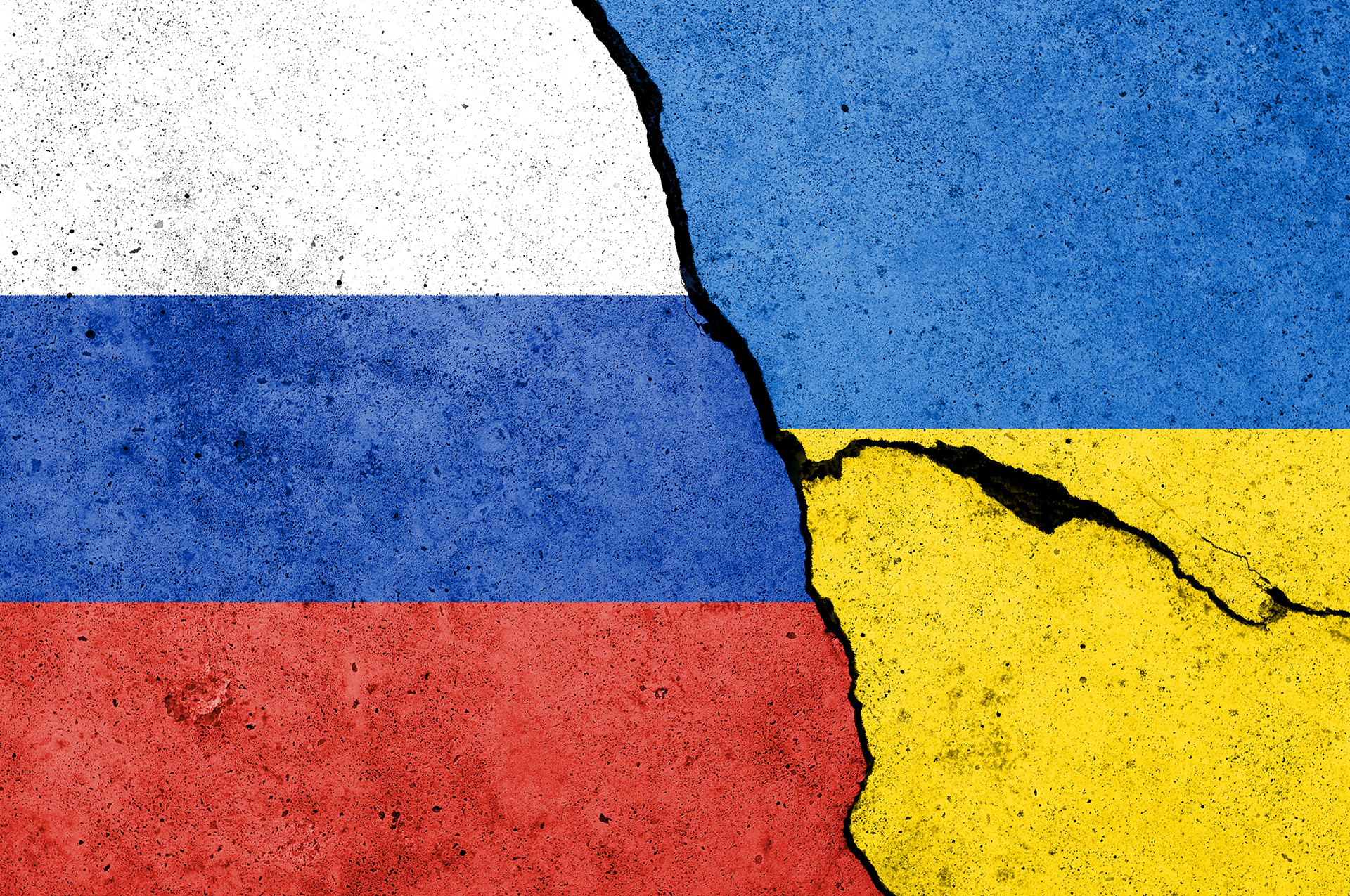
Image by Tomas Ragina / Shutterstock.com
The armed rebellion attempted by Russia’s Wagner Group over the weekend, in which leader Yevgeny Prigozhin led his mercenary group within 200 km of Moscow before withdrawing under unclear circumstances to Belarus, has done little to shake Prime Minister Viktor Orbán’s belief in the solidity of Russian President Vladimir Putin’s regime.
“When it is managed in 24 hours, it’s a signal of being strong,” Orbán told German publisher Axel Springer on June 27.
After railing against Russian military elites, whom he had accused of sabotaging Wagner’s efforts in Ukraine, Prigozhin launched an incursion into Russia with his thousands of his mercenaries on June 23, reportedly meeting little resistance and managing to capture the headquarters of the Southern Military District in Rostov-on-Don.
The force was then reportedly en route to Moscow before halting on June 24 following negotiations with Belarusian president Alexander Lukashenko. Many Western leaders and commentators believe that Prigozhin’s rebellion demonstrates Putin’s growing inability to maintain order among his subordinates. The Hungarian prime minister, however, neglected to “see any major importance to that event.”
According to Orbán, “Putin is the president of Russia, so, if somebody has a speculation that he could fail or be replaced, [they] don’t understand the Russian people and the Russian power structures.”
The PM explained that, unlike Hungary or Germany “Russia operates differently than we do,” referring to a system in which power structures are “based on the army, secret service, police,” while also emphasizing the stability of such structures in the “military-oriented, minded country.”
Grain Ban Latest
Meanwhile, Hungarian Minister of Agriculture István Nagy pushed for the European Union to extend its ban on importing select agricultural products from Ukraine past its current expiration date of September 15 at a meeting of EU agricultural ministers in Brussels on June 27.
The EU agreed to restrict the import of several agricultural products from Ukraine, including wheat, maize, rapeseed and sunflower seed, to member states Hungary, Bulgaria, Poland, Romania and Slovakia following the unilateral introduction of import restrictions by several of the member states, notably Hungary and Poland. Following its introduction on May 2, the EU chose to extend the prohibition on June 5, the day it had initially been set to expire.
Nagy justified the requested extension past September 15, arguing that while farmers retain the capacity to store this year’s harvest of wheat and rapeseed, they lack such storage space for maize and sunflower seed, thus emphasizing a need for a ban on the import of at least these products until at least December 31.
On June 26, the European Commission granted farmers in these member states some EUR 100 million in support for storage costs and unsold grain as a consequence of the glut, which had been triggered by the exemption of customs duties and quotas for Ukraine in June 2022, in an effort to expedite exports to Africa and the Middle East.
Roughly EUR 15.9 mln of the total compensation was designated for Hungary, which Nagy said “wasn’t too much,” but he acknowledged it as a “symbolic gesture.”
Regarding the return of prisoners-of-war delivered to Hungary by Russia, Ukrainian foreign ministry spokesman Oleg Nikolenko reported on June 23 that five have now been repatriated to Ukraine.
Deputy Prime Minister Zsolt Semjén initially announced on June 9 that Hungary had received a group of 11 Ukrainian POWs of Transcarpathian origin, a region with a sizable minority of ethnic Hungarians, through the cooperation of the Russian Orthodox Church. After claiming that calls to return the POWs had been ignored, Nikolenko announced the initial repatriation of three of the 11 POWs on June 20.
This article was first published in the Budapest Business Journal print issue of June 30, 2023.
SUPPORT THE BUDAPEST BUSINESS JOURNAL
Producing journalism that is worthy of the name is a costly business. For 27 years, the publishers, editors and reporters of the Budapest Business Journal have striven to bring you business news that works, information that you can trust, that is factual, accurate and presented without fear or favor.
Newspaper organizations across the globe have struggled to find a business model that allows them to continue to excel, without compromising their ability to perform. Most recently, some have experimented with the idea of involving their most important stakeholders, their readers.
We would like to offer that same opportunity to our readers. We would like to invite you to help us deliver the quality business journalism you require. Hit our Support the BBJ button and you can choose the how much and how often you send us your contributions.


